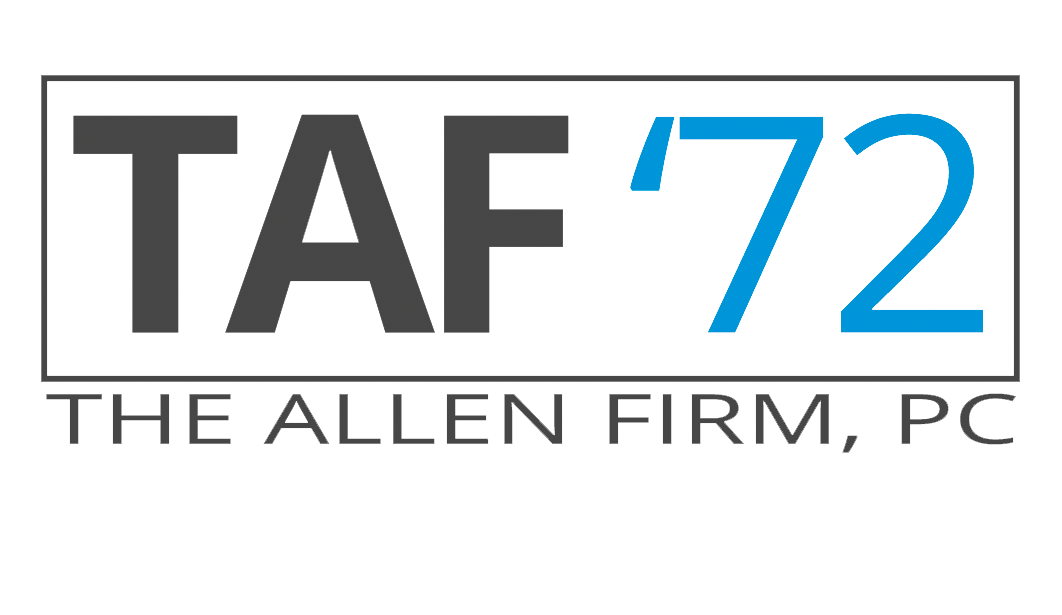Contrary to what you may believe, you and everyone else you know will have an “estate” when you die. Simply put, an estate is a collection of all your property you own at the time of your death. The area of law that deals with what happens to your belongings after your death is called “estate planning.”
What can I do with estate planning?
Estate planning can be used to ensure the property you own upon death pass to the people you want them to pass to upon your death. Two of the most common tools of estate planning are the use of wills and trusts. A will is a document in which you explain who gets what when you die. A trust is a way of distributing property (often money or investments) to certain beneficiaries in the manner you desire and is commonly used when the beneficiaries are under a certain age or not able to property manage funds themselves.
Other common estate planning documents:
1) Health Insurance Portability and Accountability Act (“HIPAA”) release form;
– allows a person to designate individuals who will be authorized to view private and protected health information
2) Statutory Durable Powers of Attorney; and
– allows an individual to designate an agent to act on the individual’s behalf with regard to numerous non-medical matters, such as real estate transactions, banking and financial transactions, business operating transactions, and other personal or family matters.
3) Medical Power of Attorney.
– allows an individual to designate an agent to make medical-related decisions for the individual when the individual is not able to make those decisions himself/herself due to incapacity.
What if I have not completed any estate planning?
Quite simply, if you do not choose who will receive your property upon your death or who will decide what happens to you in the event of your incapacity, then the law will. State laws which describe how your property passes when you die without a will are called “intestacy” laws. In most circumstances, the intestacy laws will pass your property differently than you would have desired so it is very important to have a valid will in place.
The Takeaway: You have an estate upon your death. How that estate is administered is up to you. The laws of Texas may pass your property in a manner differently than you may have desired so it is always a good idea to have a valid will in place so your wishes are carried out upon your death.
– The Business Team
Scott | Josh | Jeremy
The Allen Firm, PC
181 S. Graham Street | Stephenville, Texas 76401
Ph: 254.965.3185 | Fax: 254.965.6539
The Allen Firm, PC is composed of a team of attorneys located in Stephenville, Texas. Our mission is to improve people’s lives by providing reliable and practical help with their legal matters while operating under our values of honoring people, operating with integrity and striving for excellence. We offer help in forming businesses or companies, estate planning, lawsuits, real estate, probate, oil and gas, collections, agriculture, bankruptcy, family law, and accident and injuries.

